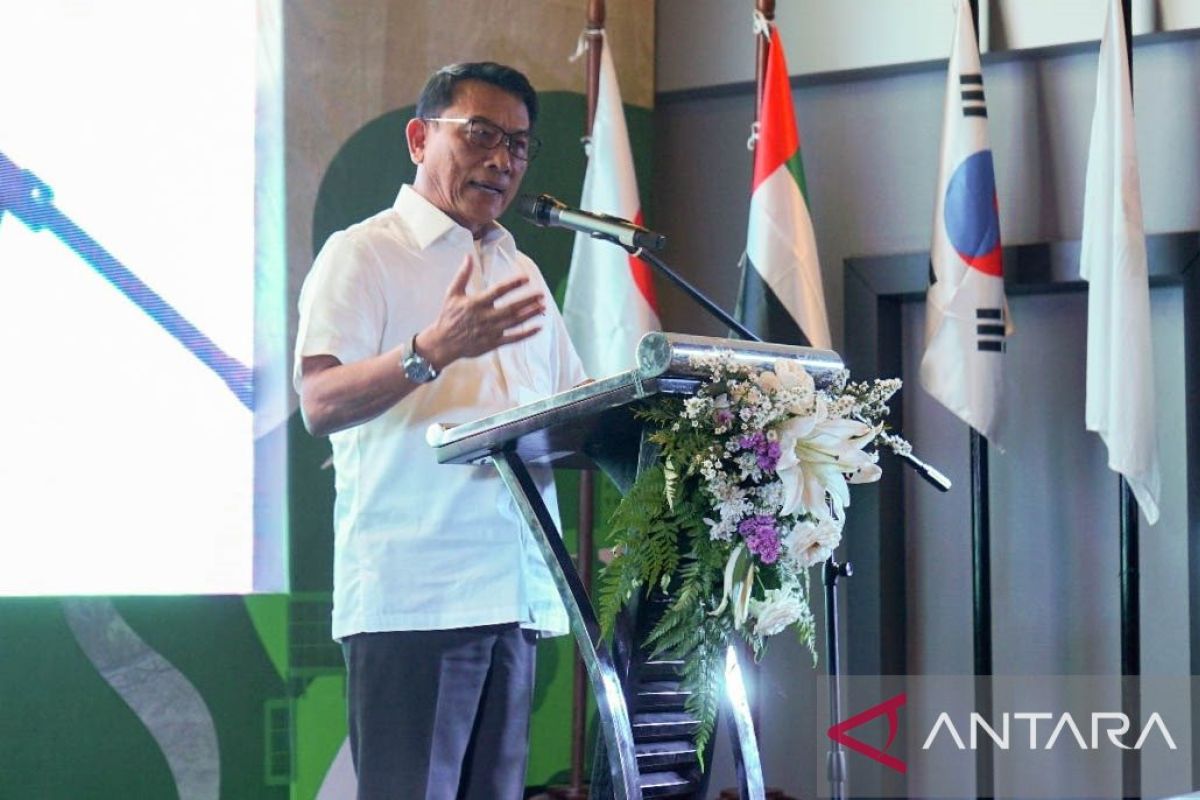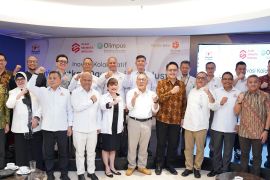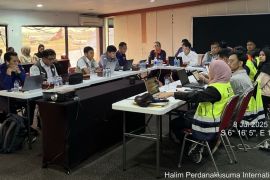"I believe the use of biomass pellets will be adopted by other countries around the world, and we will become the main players," he added at the launch of palm oil pellets in Bogor, West Java.
In a written statement released by his office, Moeldoko said that Indonesia has great potential for palm oil pellet development, with the country's palm oil production reaching 55 million tons per year.
Palm oil produces waste in the form of plant litter, fronds or palm leaves, and palm shells, which can be processed into pellets, he added.
Meanwhile, the government has continued to improve the biomass renewable energy mix as part of efforts to achieve net zero emissions (NZE) by 2060, including by developing palm oil pellets.
According to Moeldoko, Indonesia can become a global biomass pellet market, which could also strengthen its green economy development.
He said that palm oil pellets are renewable fuels that have lower exhaust emissions than coal and diesel.
By utilizing palm oil pellets, the government can reduce carbon emissions, create new economic opportunities, as well as strengthen industrial growth while maintaining national energy security, he added.
"We hope that these biomass pellets will become a new energy source commodity that can be used long-term and globally," Moeldoko said.
Currently, there are several foreign companies that have signed cooperation for the utilization of palm oil pellets into raw materials for power plants, including Helen Oy, Finland's largest energy company.
Related news: Palm oil industry contributes to food and energy resilience: Minister
Related news: Indonesia prepares strategies to deal with EUDR: Ministry
Translator: Rangga J, Kenzu
Editor: Tia Mutiasari
Copyright © ANTARA 2023












